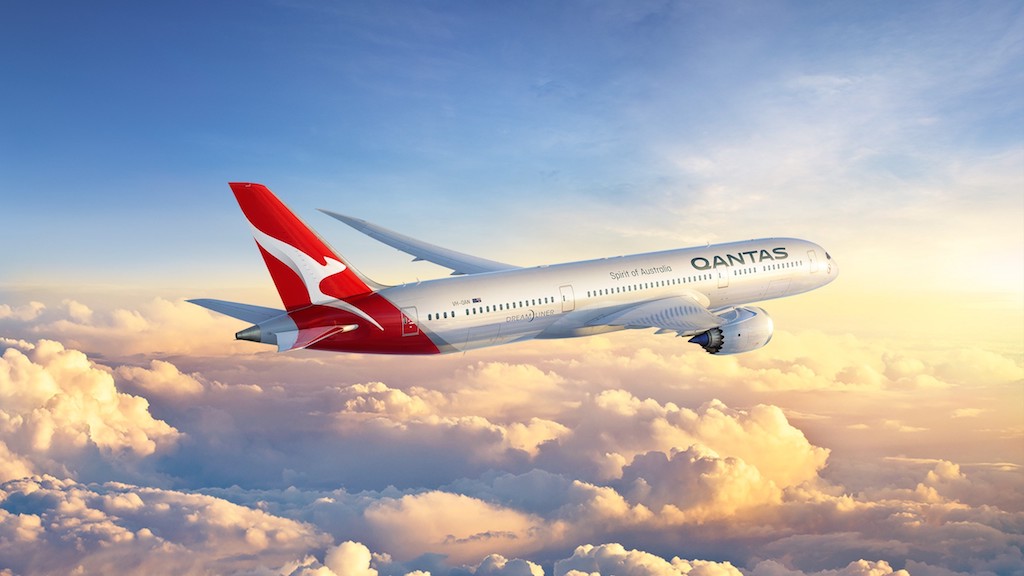Australia’s treasurer said he’s considering measures to support firms like Qantas Airways Ltd. and others that are still struggling with fallout from the coronavirus pandemic, once the government’s JobKeeper wage subsidy expires late next month.
“We are looking at other measures that we can put in place post-JobKeeper to support a range of industries including the aviation sector,” Josh Frydenberg said in an interview with Sky News on Sunday.

“There’s no doubt that the aviation industry’s been hit and hit hard and Qantas having a 75% reduction in their revenue is testament to that,” Frydenberg said.
Covid-19 travel restrictions drove Qantas to an underlying pretax loss of A$1.03 billion in the six months ended December from a profit of A$771 million a year earlier. Like airlines elsewhere in the world, Qantas’s attempts to fly even limited schedules have been repeatedly stymied by snap border closures within Australia and overseas.
Frydenberg said the domestic market is set to improve as a Covid-19 vaccine is rolled out, confidence returns and state borders don’t close as frequently. The treasurer said that, in their most recent conversation, Qantas Chief Executive Officer Alan Joyce told him that in January 1,500 flights into Queensland alone had been canceled.
200,000 Passengers
“That was 200,000 passengers that would’ve otherwise gone into Queensland. That would’ve been hundreds of millions of dollars spent on tourism so the fact that we will see I think less border closures, less frequent border closures, and the vaccine rollout will be good news for their business,” Frydenberg said.
“Internationally, those borders are remaining closed, effectively, for some time because obviously the world is still grappling with the virus,” Frydenberg added.
JobKeeper, introduced in March 2020, paid firms to retain staff during shutdowns through the pandemic. Originally set as a flat payment of A$1,500 every two weeks for eligible employees, it’s since been tapered and ends on March 28.
Frydenberg said in a speech Wednesday that 1.1 million people would be relying on the payment in the current quarter, some 200,000 fewer than the government estimated in its Mid-Year Economic and Fiscal Outlook released in December.
©2021 Bloomberg L.P.








